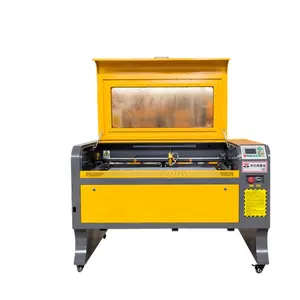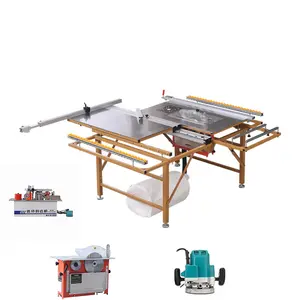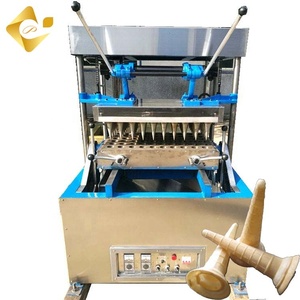Popular in your industry

 Ready to Ship
Ready to Ship















Top categories
About make a shoe
Introduction to Making Shoes Machinery
When it comes to the manufacturing of shoes, having the right machinery is crucial for efficiency and quality. The machinery industry offers a wide range of equipment specifically designed for making shoes. From cutting and stitching to molding and finishing, each process requires specialized machinery to ensure the final product meets the highest standards. In this comprehensive guide, we will delve into the various aspects of making shoes machinery, covering design, technical details, features, and more.
The Design of Making Shoes Machinery
The design of making shoes machinery is intricate and precise, taking into consideration the different stages of shoe production. Machines range from automated cutting machines that ensure accurate patterns to stitching machines that provide consistent and durable seams. Additionally, molding machines play a crucial role in shaping the shoe upper and sole. The overall design focuses on enhancing productivity while maintaining the quality of the shoes being produced.
Technical Details of Making Shoes Machinery
When it comes to technical specifications, making shoes machinery boasts advanced features to streamline the production process. For instance, cutting machines offer high cutting precision with adjustable speed settings to cater to various materials. Stitching machines come equipped with multiple stitching patterns and thread options for versatile designs. Molding machines utilize precise temperature control and pressure settings to create the desired shoe shapes.
Features of Making Shoes Machinery
Modern making shoes machinery comes with a myriad of features to meet the evolving demands of the footwear industry. Automated systems reduce manual labor, increasing efficiency and output. User-friendly interfaces allow for easy operation and quick machine setup. Additionally, some machines offer customization options for unique shoe designs, catering to the growing trend of personalized footwear.
Advantages of Using Making Shoes Machinery
The advantages of using specialized machinery for making shoes are numerous. Increased production speed leads to quicker turnaround times and higher output levels. Consistent quality across all shoes is ensured through automated processes, reducing errors and rework. Moreover, the versatility of these machines allows manufacturers to adapt to changing market demands and produce a wide range of shoe styles.
Choosing the Right Making Shoes Machinery
When selecting making shoes machinery for your production facility, several factors need to be considered. Firstly, assess your production volume to determine the capacity of the machines required. Secondly, consider the types of shoes you will be producing to choose machinery that aligns with your design and material requirements. Additionally, look for machines that offer good after-sales support and maintenance services to keep your production line running smoothly.
Maintenance of Making Shoes Machinery
Maintaining making shoes machinery is essential to ensure optimal performance and longevity of the equipment. Regular cleaning and lubrication of moving parts prevent wear and tear, extending the lifespan of the machines. Scheduled maintenance checks help identify any issues early on, preventing costly breakdowns and production delays. Training your staff on proper machine handling and maintenance procedures is also crucial for smooth operations.
Conclusion
In conclusion, the machinery industry plays a pivotal role in the production of shoes, offering a range of specialized equipment to streamline the manufacturing process. From design to technical details, the machinery used in making shoes is designed to enhance efficiency, quality, and versatility. By understanding the various aspects of making shoes machinery and choosing the right equipment for your production needs, you can elevate your shoe manufacturing capabilities and stay ahead in the competitive footwear market.






















